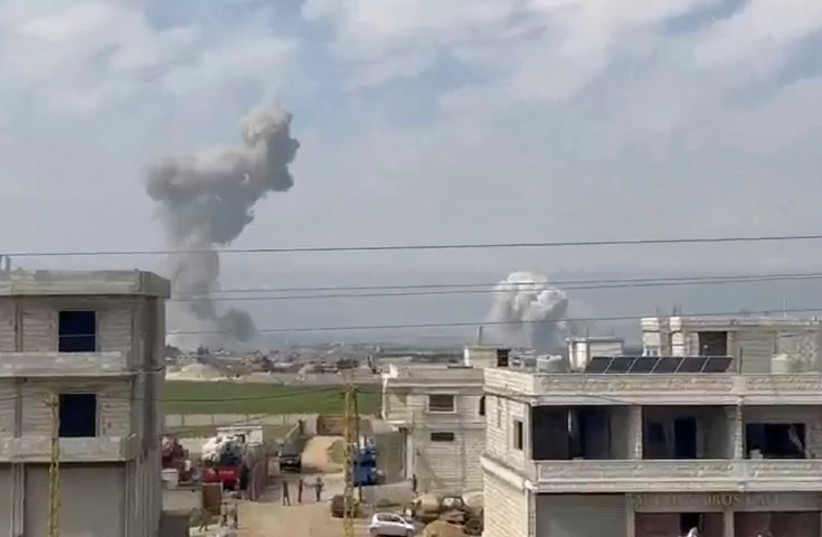The military announced on Wednesday that it is establishing a new center for emotional distress, including post-traumatic stress disorder (PTSD) near Tel Hashomer Medical Center.
This new facility will strengthen the IDF’s already increased commitments to assist soldiers in coping with emotional distress generally, and PTSD in particular, in the shadow of the longest Israeli war since 1948.
Following October 7, the IDF Medical Corps brought in 800 additional therapists to cope with the massive trauma that occurred to an unprecedented number of soldiers at the same time.
This move was also made to anticipate the additional traumas that soldiers would go through on the Gaza, Hezbollah, and West Bank fronts as the war continued.
A much larger number of therapists made it possible to have an assigned therapist for each brigade, including therapists who entered Gaza with their brigades so they could be on the front lines and assist soldiers in real-time.
To date, the IDF has said that 85% of those soldiers who have sought basic-level assistance with trauma from the war have returned to serve in their units within a short amount of time.

Among those who sought more significant emotional assistance, around 50-60% eventually returned to serve in the IDF.
Being that significant numbers of soldiers did not seek any assistance, the number of soldiers who have PTSD to date (some only realize they have PTSD at a later date) is much smaller than the 10-50% of all soldiers whom the IDF originally expected due to the extreme circumstances of Hamas’s October 7 massacre.
According to the IDF, its multiple levels for addressing soldiers’ needs at different levels have been successful.
Whereas the IDF Medical Corps received around 30,000 phone calls for assistance, a much smaller number of only a couple thousand soldiers needed much higher levels of assistance.
Despite these positive-sounding statistics, there are always questions about how the IDF and other militaries measure “success” with PTSD.
Simply returning to serve in a war does not necessarily mean a soldier does not have PTSD and, in some cases, may even worsen the original PTSD symptoms.
In the face of this dilemma, IDF officials have said that the first and best way for most people to try to cope with trauma is to, after acknowledging the trauma, try to re-enter their normal lives and routines.
Whether this is true or not in the case of October 7 and the ongoing war may not be known for months or years, and may differ wildly based on specific individuals.
If the IDF was successful, senior officials would attribute part of that success to having gone through the traumatic coronavirus era.
During and following the coronavirus crisis, the IDF decided it would need far more resources and personnel to cope with emotional distress, especially for recruits to the military who did not get to live routine lives as much in their later high school years.
Two years of work to try to shift in this direction were still moving slower but gave the IDF a running start, such that when October 7 hit, there was no need to convince key decision-makers of the necessity for a major influx of therapists.
Controversially, the IDF has opposed working with larger groups of therapists who do not join the IDF, saying that the unique IDF experience and the different goals and manners of operation of civilian therapists do not match up with the military.
